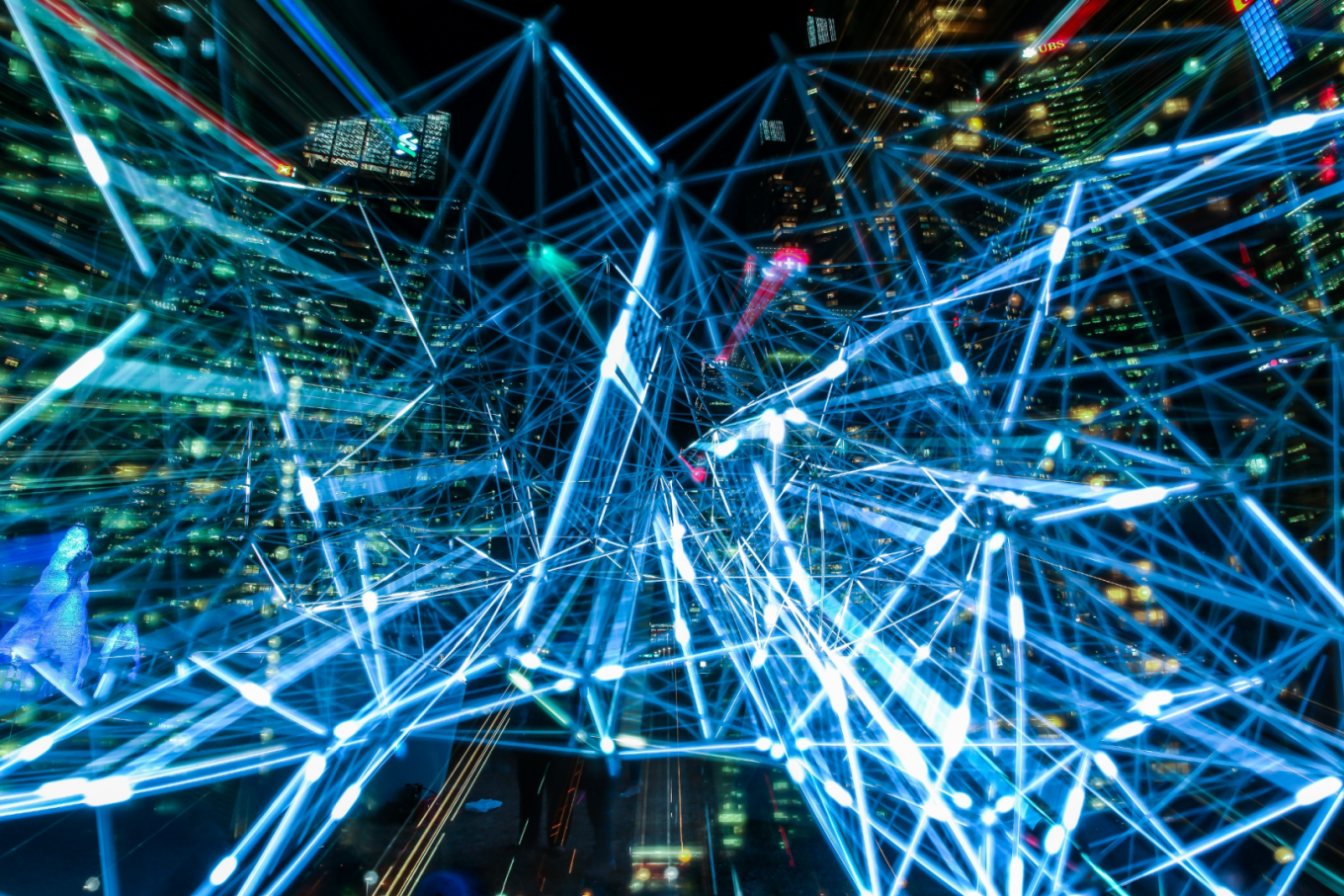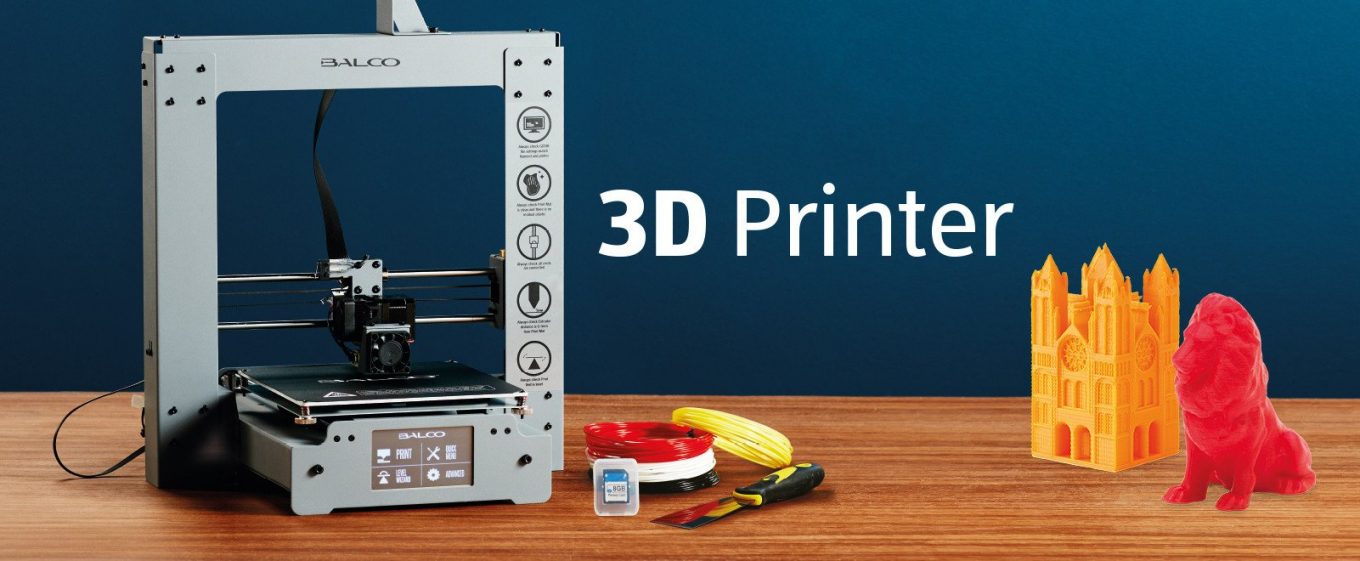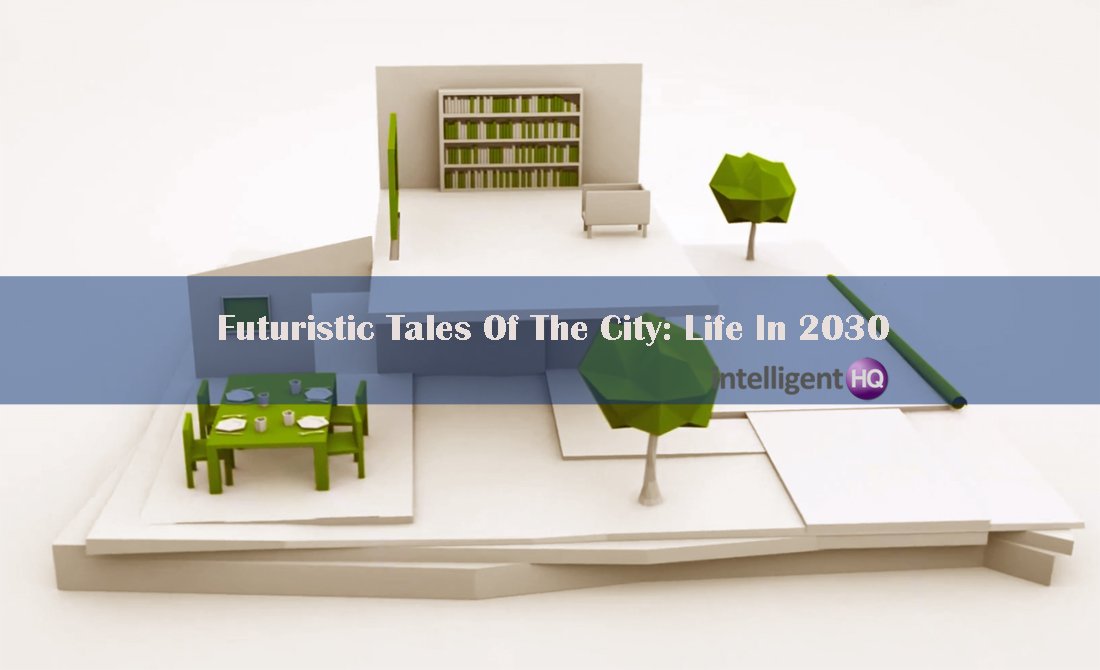
For arguably the past 10,000 years, human development and technological advancement has been on an exponentially-increasing trajectory in terms of improvement and efficiency. At any given point throughout this history, one can examine the accelerated growth in society, technology and every other facet of human life; however, compared to subsequent eras’ rates of development, they look minuscule.
Human society is now at the point where rapid and immense change can be observed even over fractions of an average human lifetime. Technology has transformed the world so rapidly that young people from different countries, continents, cultures and religions now have more in common with one another than they do with their older contemporaries.
This cultural and societal disconnect is being fueled almost entirely by technology, which has permeated daily life in ways not even imaginable a century ago. In particular, there are a relative handful of advancements and tech transformations that are making this trend possible. Today, let’s explore eight major revolutions that are transforming society by changing how we work and interact with the world.
1. Portable Computing Power
Arguably one of the biggest technological shifts in daily life over the past decade, portable computing has become a mainstay of many peoples’ lives. While mobile phones have existed for decades, the ability to utilize them as computer equivalents has only become feasible within the past few years, allowing even those with little to no income to be constantly connected to the world 24/7.
This portable computing power affects everything from where people shop and eat to how they absorb information. The effects on societies and economies are vast: even in developing nations, the presence of mobile devices is allowing people to stay abreast of the latest stories, developments and trends from anywhere. Its effects on commerce, entertainment, politics and even personal relationships have been reverberating through human society at breakneck speed.
2. Personal Manufacturing
Until very recently, consumer goods were only attainable through locally-sourced businesses or mail-order catalogues. With the advent of the internet, however, consumers suddenly had access to an unprecedented number of choices and could source products from anywhere on the planet.
The next phase of this economic revolution is already visible and occurring: personal manufacturing. With the rise of affordable 3D printing machines and equipment, everyday people can now produce and design their very own products from home and can even open their own manufacturing businesses. While this was once limited to those with engineering degrees and specific skills, anybody can get in on the action now.
The effects of this may not be obvious yet, but imagine a world where people purchase raw ingredients and design their products, replacement parts, and unique contraptions without relying on retail or manufacturing businesses. Even the ability to replace most 3D printer parts is now a reality.

3. Revolutions in Currency
As much as technology has transformed where people shop and how they select their products, the very nature of how those transactions are finalized is also experiencing an upheaval. Through a combination of new currencies (in particular, cryptocurrencies) that allow for anonymous and secure payment processing, new economic opportunities are being created. These peer-to-peer currencies threaten the very existence of major financial institutions, effectively rendering them irrelevant.
Even when using more traditional forms of money, solutions like PayPal have made it possible for customers to purchase items without ever needing to disclose personal financial information. In-person forms of payment are being transformed, too: from NFC card readers to payments made directly from mobile devices in-person, traditional cash – and many of its earlier electronic predecessors – are being relegated to the dustbin of history.
4. Automated Production
Throughout most of the developed world, it wasn’t that long ago when manufacturing formed the backbone of economies. As a result, their influence on society was equally important, providing vital wealth to the masses and allowing strong middle-class societies to emerge from poverty and difficulty.
However, manufacturing has been on a trajectory for quite some time that threatens the need for any labor at all. Most have observed the gradual transition of manufacturing from people to machine, but even these machines have required manual input and guidance.
Increasingly, however, new automated forms of production are emerging that impact every point of the supply chain. From factories that require only a few hands-on employees to fast food restaurants that replace both cashiers and cooks, automated production is threatening virtually every basic sector of employment. How individuals will justify their existence and earn incomes remains to be seen in such increasingly uncertain economic times.
5. Personalized Medicine and Healthcare
Arguably one of the biggest advancements and effects on human life – particularly the quality of life – over the past few decades is in the world of healthcare and medicine. With average life expectancies now almost double what they were just one century ago, people are living longer – and that presents some unique hurdles for economies, societies and workforces.
Increasingly, people are surviving into old age, presenting a variety of problems for nations and businesses who offer retirement packages, pensions and benefits. Many entities are debating the nature of entitlement programs due to the ballooning cost, but perhaps an even bigger cost is the price tag for healthcare for an aging population.
Advancements have led to more personalized medical routines for those in need of healthcare, which are producing better outcomes for those in need. However, this is also leading to a rapid increase in healthcare costs in many nations, resulting in added pressure on those who benefit most from these technological advancements.
6. New Forms of Energy
Without an abundant supply of energy, practically all the advancements made by humans would disappear overnight. It can be easy to forget about the effects that energy has on the world, but the roughly 5% of the global economy dedicated to it determines how efficient the other 95% is.
From the use of human manpower to horses and coal/oil, one thing is certain: the primary source of energy is constantly in flux. As the global population continues to expand and the predominant non-renewable forms of energy become harder to extract, new sources of energy are receiving focus.
Most notably, solar and wind power are growing exponentially on an annual basis. In many markets, it is now cheaper to build a solar installation than a nuclear one, leading many businesses – and homeowners – to invest in this technology. This is obviously having a huge impact on workforces, with thousands of jobs in industries such as coal and oil being eliminated each year.

Additionally, newer forms of non-renewables like natural gas are displacing coal at phenomenal rates. Within the span of a decade, natural gas usurped coal in terms of usage in countries like the US, while become much cheaper and easier to extract.
7. Educational Transformations
For most of human history, education was considered either a luxury or something that only the wealthiest could afford. Over the past 100 years, revolutions in public policy have led to most people being able to access at least basic forms of education during their younger years. As society and economies become more complex, though, additional education is needed to remain competitive and employable. Thankfully, technology has made it possible for people from all backgrounds to experience educational opportunities through a variety of means.
One such example is the rise of online universities. While still viewed with some skepticism, many of the biggest and most influential traditional universities now offer online education as an alternative to their physical campuses. With study-abroad opportunities also available, everything from engineering degrees to medical degrees are now within reach from home. If obtaining an online engineering degree does sound like something that would suit you better, you can easily search for engineering degrees online using Education’s search engine which will bring all of the available programs right to your fingertips.
These seven economic revolutions are changing the face of society, economies and workforces at an astonishing rate. Now more than ever, it is difficult to know what the future may hold. What is certain, however, is that these changes will continue to revolutionize every facet of humanity and challenge every institution and way of life in the process.
This is an article provided by our partners network. It might not necessarily reflect the views or opinions of our editorial team and management.
Sponsored content

Founder Dinis Guarda
IntelligentHQ Your New Business Network.
IntelligentHQ is a Business network and an expert source for finance, capital markets and intelligence for thousands of global business professionals, startups, and companies.
We exist at the point of intersection between technology, social media, finance and innovation.
IntelligentHQ leverages innovation and scale of social digital technology, analytics, news, and distribution to create an unparalleled, full digital medium and social business networks spectrum.
IntelligentHQ is working hard, to become a trusted, and indispensable source of business news and analytics, within financial services and its associated supply chains and ecosystems


























